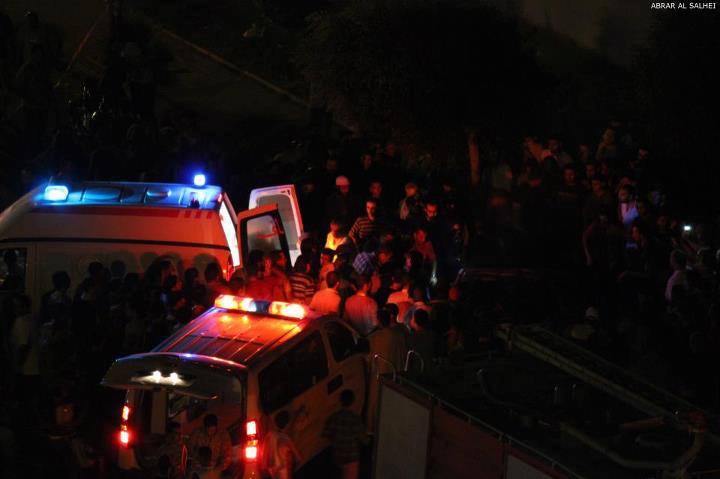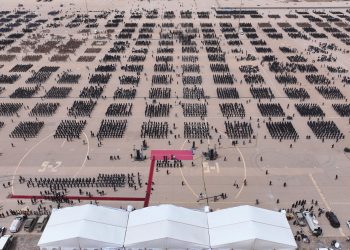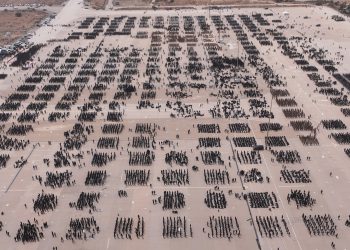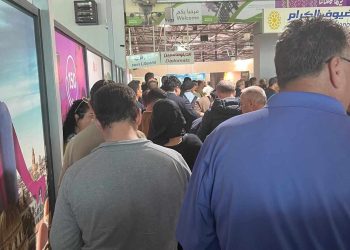By George Grant.

London, 19 August:
Qaddafi loyalists have been recorded discussing this morning’s car bomb attacks in Tripoli both before and after . . .[restrict]the explosions took place, suggesting prior knowledge of the events.
The men, who remained anonymous, were using the public chat-room service Paltalk, a site previously popular with opponents of the Qaddafi regime during last year’s revolution.
The conversation was overheard by a Libyan living in London who frequently joins the chat-room to hear what Qaddafi loyalists are saying on various issues.
Of significant concern to the authorities will be the revelation that the loyalists’ confirmation of the blasts was received directly through the Interior Ministry’s communications system, which appeared to have been hacked by one of the men last night.
“It was extremely disturbing”, Mohammed Eljarh told the Libya Herald. “I was listening to them talking about the attacks before they actually happened.
“One of them was saying, ‘Allah is the greatest; now we are going to target Tripoli’.
It is not known whether the men involved were communicating from inside or outside of Libya at the time of the blasts.
“Initially I thought it was just their usual waffle, as they frequently like to talk about how they’re going to do this or that, but when I heard reports that the attacks had actually happened, I thought my goodness, this is for real”.
Eljarh says that it was at this point that he first suspected the men were listening in to the Interior Ministry’s communications network.
“There was a live podcast of events on the ground, and you could hear radio communications from what appeared to be security officials reporting the blasts and then ordering their personnel to go to various locations”.
Listening devices can be purchased in Libya without much difficulty, and many Libyans are familiar with how to use them, making it possible to overhear phone calls and other wireless communications. It would be assumed, however, that official communications would be more securely protected.
After the attacks took place, the men in the Paltalk room are overheard celebrating the blasts.
“We have done it, we have done it”, one person is heard reporting back to the room.
Shortly afterwards, an administrator is heard to say “all explosions are remotely controlled and executed. They can’t arrest us; these rats can’t arrest us.”
In reference to the targeting of civilians, another is heard to say “to hell”.
One individual who did identify himself in the room was Hamza Altohami, a prominent pro-Qaddafi journalist under the former regime.
“He was celebrating the explosions with the others, but it did not sound like he was involved in planning the attacks”, Eljarh said.
After the blast outside the Interior Ministry and the two on Omar Mukhtar street, another man is heard discussing a possible fourth explosion, although the place and timing are never confirmed.
It is understood that police did subsequently intercept a fourth bomb on Al-Sreem street, near to the Immigration Ministry.
“From what I could hear, I do not think they were targeting the ministries”, Eljarh added. “Their targets seemed just to be streets, including civilians”.
This morning, Interior Ministry Under-Secretary Omar Al-Kadrawi offered his condolences to the victims of the attacks and pointed the finger of blame squarely at Qaddafi loyalists.
“This is the first Eid without Qaddafi and his regime, and Qaddafi’s diehards are responsible for these attacks to disrupt the celebrations of Libyans during the festival and these holy days”, the under-secretary said.
“Qaddafi’s loyalists are resorting to hit-and-run tactics; these are the cowardly acts we are facing now. However, I guarantee that this is all they can achieve and execute. We will not allow this to happen again”.
Reports are now emerging that one of the perpetrators has been captured and taken to hospital in Abu Salim, although this has not been confirmed.
The Interior Ministry has said that units have been deployed across Tripoli in an effort to prevent any further attacks.
This morning, checkpoints had also been erected around key locations such as the Prime Minister’s office, and cars were being stopped and searched on a frequent basis.
[/restrict]









